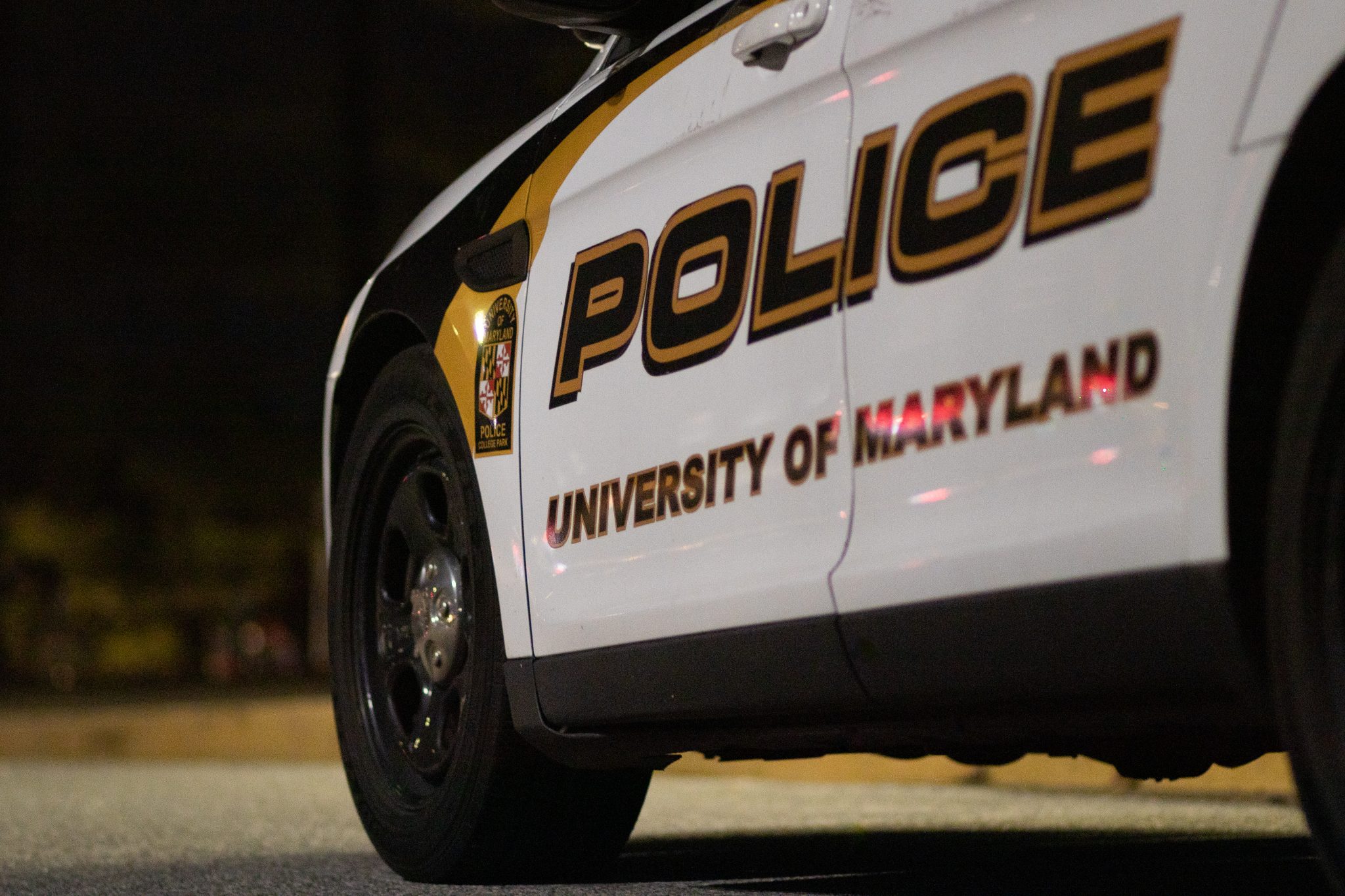Views expressed in opinion columns are the author’s own.
The first week back at the University of Maryland wouldn’t be complete without capricious weather and annoying e-scooters zipping around with no regard for safety, driving as if there were no repercussions.
But a few days ago, I received a text from a friend. He said he was ticketed for wearing headphones while riding an e-scooter. Several others witnessed students being stopped by police for other traffic violations.
While their violations remain speculative, one thing is clear — UMPD is making a concerted effort to enforce micromobility rules.
There seems to be a greater concern for cracking down on irresponsible e-scooter drivers than the more severe crimes occurring on a weekly basis resulting in immediate physical or mental harm to community members.
UMPD should reassess their priorities and crack down on more pressing crimes instead of minor micromobility violations. To do this, UMPD must be willing to maintain a stronger presence in areas where violent and other serious crimes are more likely to take place.
For example, UMPD could station additional patrol units in places where carjackings have occurred. Their presence may deter prospective criminals from entering areas in search for cars to steal or strip for parts. And if they happen to witness a crime taking place, they could apprehend the suspects before they flee the scene.
UMPD can also buff up their presence around dorms where robberies and indecent exposures have been reported. Patrolling the perimeter of the Chapel Field or St. Mary’s Hall could make some students feel safer.
While e-scooters have caused car crashes and other accidents, there are ways to mitigate them without straining UMPD’s resources. Removable speed bumps can be installed along sidewalks and main roads to slow e-scooter riders. Designated lanes can also be created for them and other micromobility vehicles.
As this university has prohibited e-scootering on sidewalks, riders are forced to share the roads with cars. This is especially unsafe since e-scooter riders often lack the intensive training needed to navigate the open road. Thus, creating these lanes would alleviate traffic and minimize the risk of crashes.
UMPD’s manner of dealing with this problem — issuing citations — is just another regressive means of inequitably punishing those who break the rules. This punitive approach may even prove to be ineffective for students with financial security, as they can easily afford to settle the fines.
Patrolling e-scooters also can hinder UMPD’s ability to effectively go after dangerous crimes. It would be disingenuous to suggest policing can be, or should be, a temporary solution until infrastructure is in place because the occurrence of future crimes is uncertain and unpredictable. Simply put, police can’t be in two places at once.
This isn’t to say UMPD’s scope should be increased. It is to improve the quality of present resources by shifting personnel to areas of campus prone to serious crimes. Some might view this as overpolicing, but such resources are already in place. UMPD has demonstrated a significant presence in flagging down e-scooters — we should expect them to focus on thwarting more severe offenses.
UMPD can continue to passively patrol roads and ensure all vehicles and pedestrians act safely. But there should be greater effort to take down the culprits guilty of making our campus known for its incidents. A meaningful solution to reduce crime on campus is paramount to the safety and wellbeing of our student body.
Regardless of what happens this semester, I hope that worthwhile investments are made to address e-scooter problems while maintaining a safe VeoRide fleet. UMPD needs to take the proper course of action to drastically cut down on serious offenses occurring on campus. In the meantime, we’ll all just have to watch our backs.
Hunter Craig is a senior public policy major. He can be reached at hpcraig@terpmail.umd.edu.



